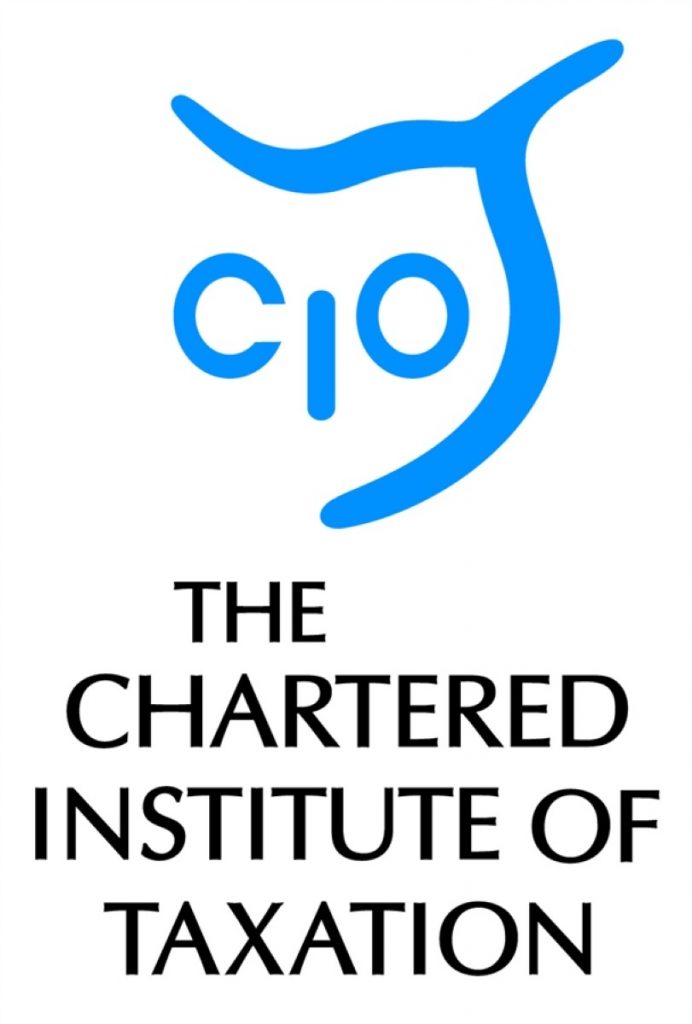Tax devolution 800 years in the making: professional body welcomes new powers for Wales
Powers for the Welsh Government to reform taxes on waste disposal and property sales can help deliver the Government’s environmental and economic objectives, the Chartered Institute of Taxation (CIOT) has said.
The CIOT has welcomed proposals for the devolution of the first Welsh taxes in 800 years1. The proposals include:
– A Land Transaction Tax (LTT) which will allow Wales to develop its own structure for property transactions;
– A Landfill Disposals Tax (LDT) to support the Government’s zero-waste agenda
Lakshmi Narain, CIOT representative on the Welsh Government’s Tax Experts Group, commented:
“The CIOT is proud to have played a leading role in consulting with and advising the Welsh Government on the devolution of two important areas of taxation.
“The devolution of LTT will enable Wales to develop its own structure for residential and commercial property transactions taking account of conditions particular to Wales.
“That being said, consistency between the different UK tax regimes for commercial transactions is important for business as many property owners, occupiers and investors hold portfolios of property across England and Wales. It is therefore crucial that differences introduced in LTT are carefully evaluated and are of clear benefit to the Welsh economy to warrant the extra administrative burdens that diverging regimes will inevitably impose on businesses.
“Welsh tax autonomy anchored by a degree of consistency with the tax regimes of the other UK nations might seem contradictory but it need not be so long as the right balance is struck. It is up to the Welsh Government to strike this balance.
“We have also been pleased to comment on the devolution of LDT2. This is a more complex area than it may at first seem and so we advise the Welsh Government to tread with caution. A departure from other UK tax models may be required in order to fulfil objectives specific to Welsh government policy. Indeed, this is an opportunity for Wales to lead the way in producing a more modern, efficient and behaviour-changing LDT system.
“Changes should translate into legislation that not only supports Wales’s zero-waste agenda but also recognises the needs of operators who will not want major system changes.”
Notes to editors
1. The consultation of the Welsh Government, Tax devolution in Wales – Consultation on a land transaction tax can be read in full, here. The response of the Chartered Institute of Taxation and the Stamp Taxes Practitioners Group (STPG) can be read in full, here. (NB. The STPG is the leading professional forum for stamp taxes practitioners consisting of 173 members. Members are drawn from the legal, accountancy and surveying professions and include practitioners in the fields of tax, real estate and conveyancing.)
2. The consultation of the Welsh Government, Developing a Landfill Disposals Tax, can be read in full, here. The response of the Chartered Institute of Taxation can be read in full, here.
3. The Chartered Institute of Taxation (CIOT)
The CIOT is the leading professional body in the United Kingdom concerned solely with taxation. The CIOT is an educational charity, promoting education and study of the administration and practice of taxation. One of our key aims is to work for a better, more efficient, tax system for all affected by it – taxpayers, their advisers and the authorities. The CIOT’s work covers all aspects of taxation, including direct and indirect taxes and duties. Through our Low Incomes Tax Reform Group (LITRG), the CIOT has a particular focus on improving the tax system, including tax credits and benefits, for the unrepresented taxpayer.
The CIOT draws on our members’ experience in private practice, commerce and industry, government and academia to improve tax administration and propose and explain how tax policy objectives can most effectively be achieved. We also link to, and draw on, similar leading professional tax bodies in other countries. The CIOT’s comments and recommendations on tax issues are made in line with our charitable objectives: we are politically neutral in our work.
The CIOT’s 17,000 members have the practising title of ‘Chartered Tax Adviser’ and the designatory letters ‘CTA’, to represent the leading tax qualification.





-01.png)